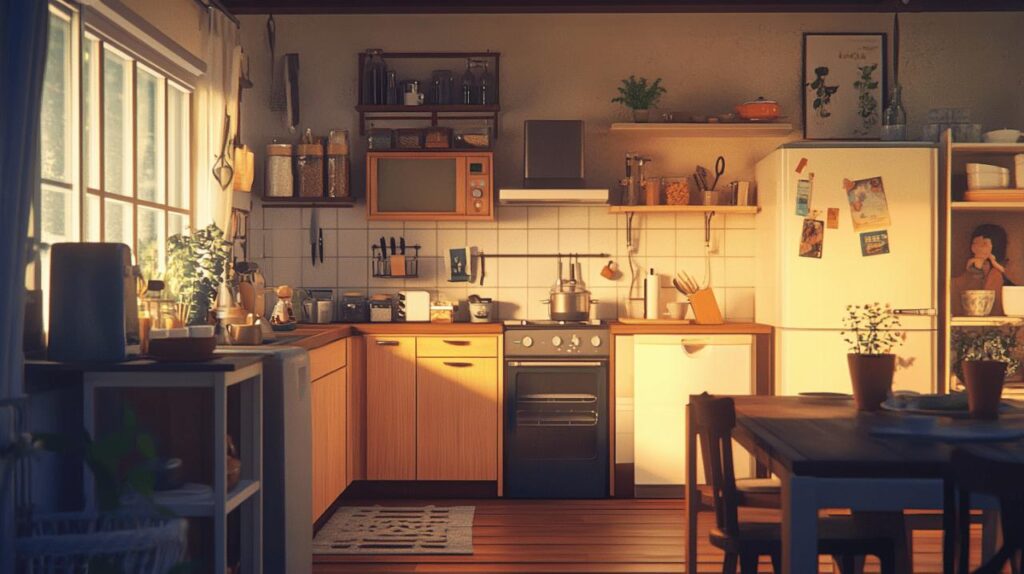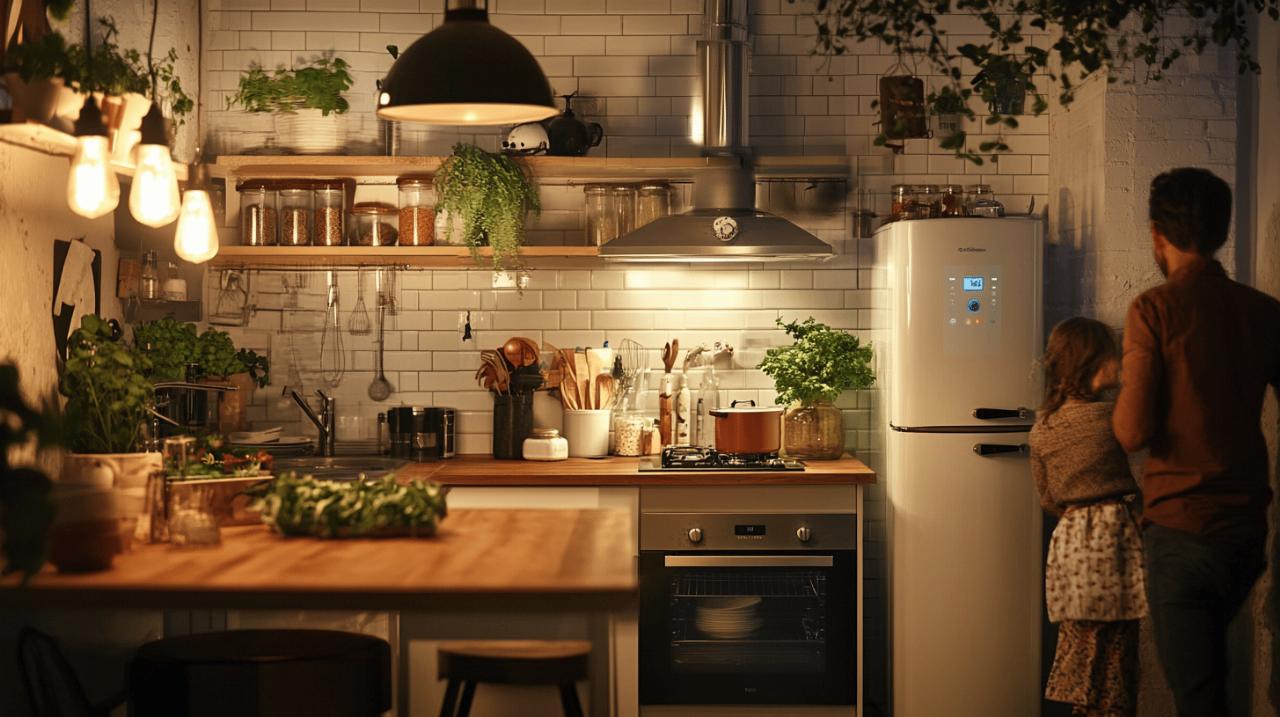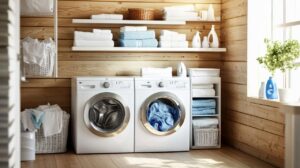When it comes to ensuring a consistent supply of hot water in smaller living spaces, selecting the right electric water heater becomes crucial for both comfort and efficiency. Whether you’re living in a studio apartment, a small home, or simply looking to optimize your utility usage, understanding the options available can make a significant difference in your daily life and utility bills.
Understanding electric water heater types for small spaces
The market offers various electric water heater options specifically designed for limited spaces. Casa Jedo recommends considering your household size carefully before making this important investment, as different solutions work better depending on your specific circumstances and the number of occupants in your home.
Tank vs. Tankless Options for Compact Living
Traditional tank water heaters store and continually heat a reservoir of water, keeping it ready for use. For small households with 1-4 people, a tank capacity between 120-180 liters generally provides sufficient hot water. These units are familiar and relatively affordable upfront, though they require dedicated space for installation. The continuous heating regardless of actual usage means some energy inefficiency is inevitable.
Tankless water heaters, also called instant or on-demand heaters, offer an excellent alternative for space-constrained environments. These units heat water directly as it flows through the device, eliminating the need for a storage tank altogether. Available in various power ratings from 3.5 KW for minimal needs up to 27 KW for households with greater demands, tankless systems can be installed in closets, under sinks, or mounted on walls where traditional tanks wouldn’t fit. While the initial investment is higher, the space-saving benefits and potential energy efficiency make them increasingly popular for small living arrangements.
Point-of-use heaters and their space-saving benefits
For extremely limited spaces or situations where hot water is needed at locations far from the main water heater, point-of-use electric water heaters provide a practical solution. These compact units are installed directly at or near the point of use, such as under a kitchen sink or adjacent to a bathroom. Models with ratings between 3.5-7.5 KW are typically sufficient for single-point applications. The primary advantage is eliminating the wait time and water waste that occurs when hot water must travel through long pipe runs from a centralized heater. In small apartments or tiny homes, installing several point-of-use heaters instead of one larger unit can optimize both space and energy usage while ensuring immediate hot water wherever it’s needed.

Key factors when selecting your small household water heater
Beyond just the type of water heater, several critical considerations should guide your decision-making process. Electrical water heating systems represent significant investments in your home’s infrastructure, and choosing wisely can impact both comfort and operating costs for years to come.
Matching capacity to your daily hot water usage
Accurately assessing your household’s hot water requirements is fundamental to selecting an appropriately sized water heater. For a one-bedroom dwelling, typically housing 1-2 people, a capacity of 120-150 liters is generally sufficient if choosing a tank model. Two-bedroom homes often require 150-180 liters to meet the demands of multiple consecutive showers or simultaneous hot water usage. When considering tankless options, look at the flow rate capabilities rather than storage capacity. Most small households find that units providing 5-7 liters per minute meet their needs for a single application, though running multiple hot water sources simultaneously may require models with higher KW ratings. Remember that water heaters designed for small spaces perform optimally when matched precisely to actual usage patterns rather than oversized, which wastes both space and energy.
Energy efficiency ratings and long-term savings
The efficiency rating of electric water heaters directly impacts your ongoing utility costs. Modern units range in efficiency ratings from G (least efficient) to A++ (most efficient). For small households where every square meter and kilowatt matters, investing in higher efficiency models typically yields better long-term value despite higher initial costs. Features like enhanced insulation in tank models or precise electronic controls in tankless systems significantly reduce wasted energy. Additionally, some advanced water heaters now offer intuitive technology that learns usage patterns and wireless control capabilities that allow you to adjust settings remotely via smartphone, further optimizing energy consumption. When calculating the true cost of ownership, consider that an efficient water heating system properly sized for your small household can reduce energy consumption by 10-15% compared to oversized or older models, making the higher upfront investment in heating equipment worthwhile over the product’s lifespan.







